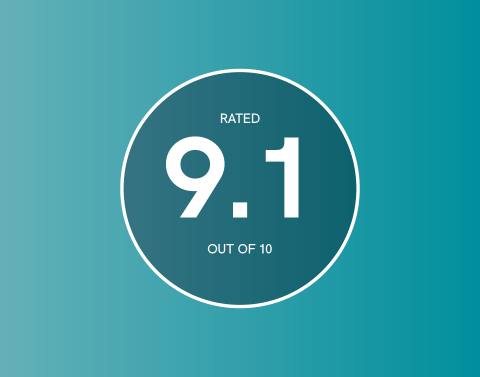As we move into the final quarter of 2022, we have seen a number of standout trends within the Change and Technology space across the London insurance market. Including new ways of working in a post-Covid world and a fight for skilled talent in the permanent and contracting space. 2022 has presented a new set of challenges and opportunities in equal measure. Our goals and objectives remain the same, to support candidates in finding the right roles and engaging closely with our clients, adding value wherever possible and providing efficient recruitment solutions to service their needs.
This article intends to summarise a number of key trends we have seen over the course of this year, some of which have continued from 2021 and what we expect to see as we move into 2023.
The demand for skilled permanent candidates has continued throughout 2022, which has very much followed suit from 2021. A number of our clients across the Insurance industry have resumed strategic projects after a period of them being put on hold during the pandemic. These programmes of work include Business and IT digitalisation as well as automation and transformation and have led to a fight for talent across the PM, BA and Technology space, namely within data, architecture and development.
We have seen a reduction in fixed-term contract vacancies year on year (2021 v 2022) in stark contrast to the number of FTCs we saw during the pandemic. The reason for this reduction lies in the fight for talent in the permanent and day-rate space, being the primary preferences of what the candidate market is looking to secure in their next role. For clients only able to hire on a fixed term basis for a particular hire, my recommendation is to make the position as attractive as possible in the following ways:
1. Tenure, can you offer the role on a 12+ month basis making it competitive alongside a permanent equivalent?
2. From a wider benefits perspective, ensure you are making the FTC position competitive. Can you include an attractive completion bonus at the end of the contract? Will the role qualify for pension, insurance covers and other benefits as per its permanent equivalent?
3. Deliverables. What is it about this role that will ensure its attractive and remains competitive against its day rate and permanent equivalents? This could include increased stakeholder exposure, the opportunity to work on a new product or for a candidate to gain a new skill to diversify their experience, improve their marketability and rate of career progression in the future.
The fight for talent has been equally competitive in the day-rate contracting space. This again, is on the back of a drive to Change and Transform across the insurance industry. These programmes of work have been fed through in response to Lloyd’s Blueprint 2, regulatory pressures, software implementations and process improvement works.
With how quickly the contract market has moved this year, my recommendation to clients is to ensure the interview process is contained to one stage, meeting all relevant stakeholders within the first interview before making the decision. Structuring the interview process in this manner increases the chances of securing the chosen candidate and reduces the risk losing them to a competitor with a shorter interview process. We’ve seen the contract market move quickly and good candidates have been snapped up within days of becoming available and rolling off their last contract.
Hybrid and remote working have remained hot topics throughout 2022, which have been deciding factors within the candidate population as to whether they buy in to a company culture or not. Equally, from a client point of view it’s important that new hires are bedded into a new role, team, stakeholder network and way of working accordingly, which typically will involve some office presence to speed up the onboarding process. Striking the balance between an office presence and a flexible working model is key to being able to attract and retain the best talent in the market.
The general approach across the London Insurance Market is for its workforce to be in the office between 1-3 days a week. At a team level, there is often further flexibility granted dependent on role requirements of when an individual or team is required in the office. Businesses adopting the approach of ‘come in when there is a business need, outside of this, the choice is yours’ tend to be most appealing to the candidate population.
We expect to see a continued drive of Change, transformation and digitalisation across the London Insurance Industry in 2023, where the fight for permanent and contract talent will remain highly competitive.
If you’re a candidate seeking a new role or a business looking to make a hire within the Change and technology space, please get in touch by emailing Lyam.Redmond@oliverjames.com.



